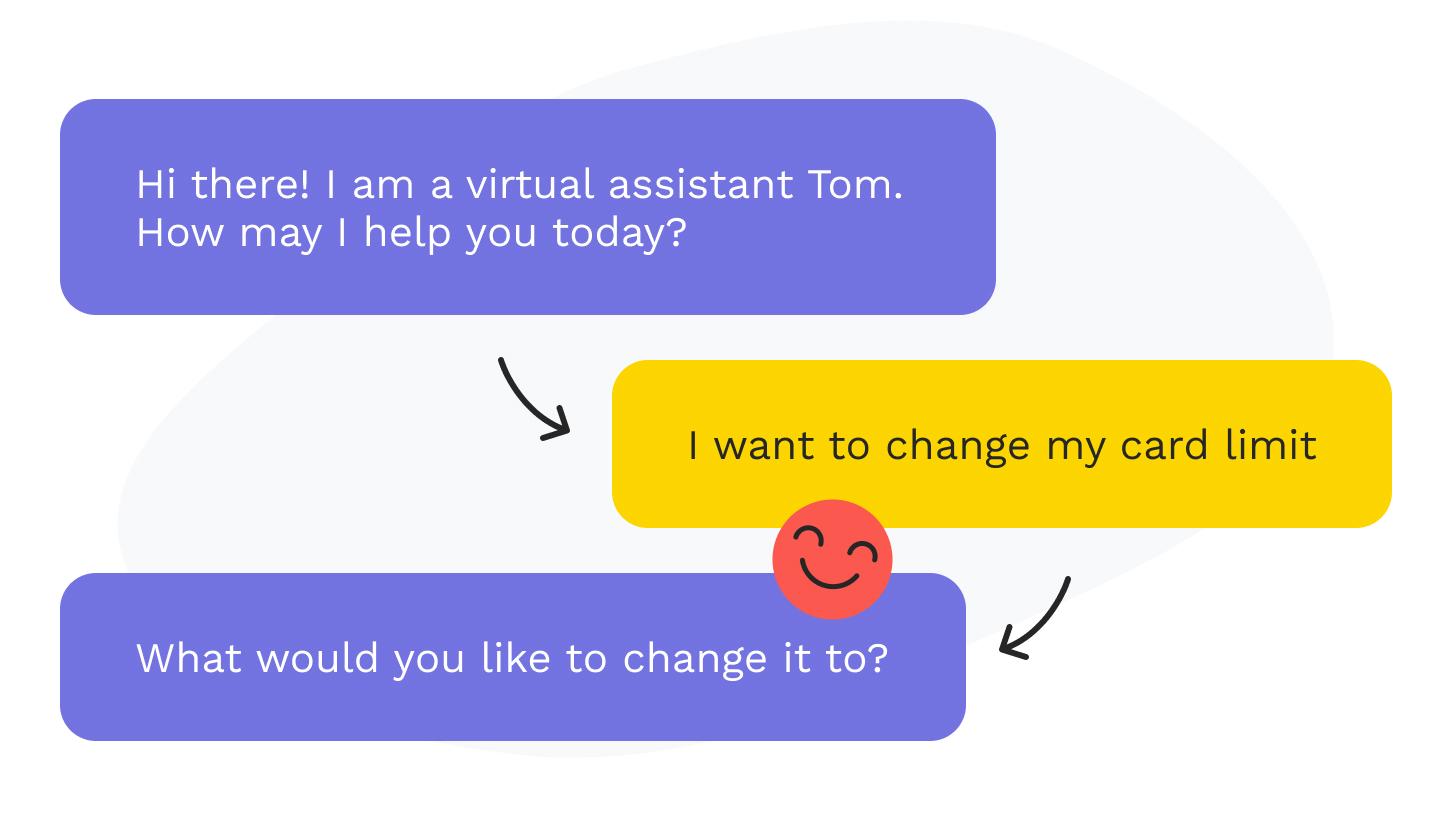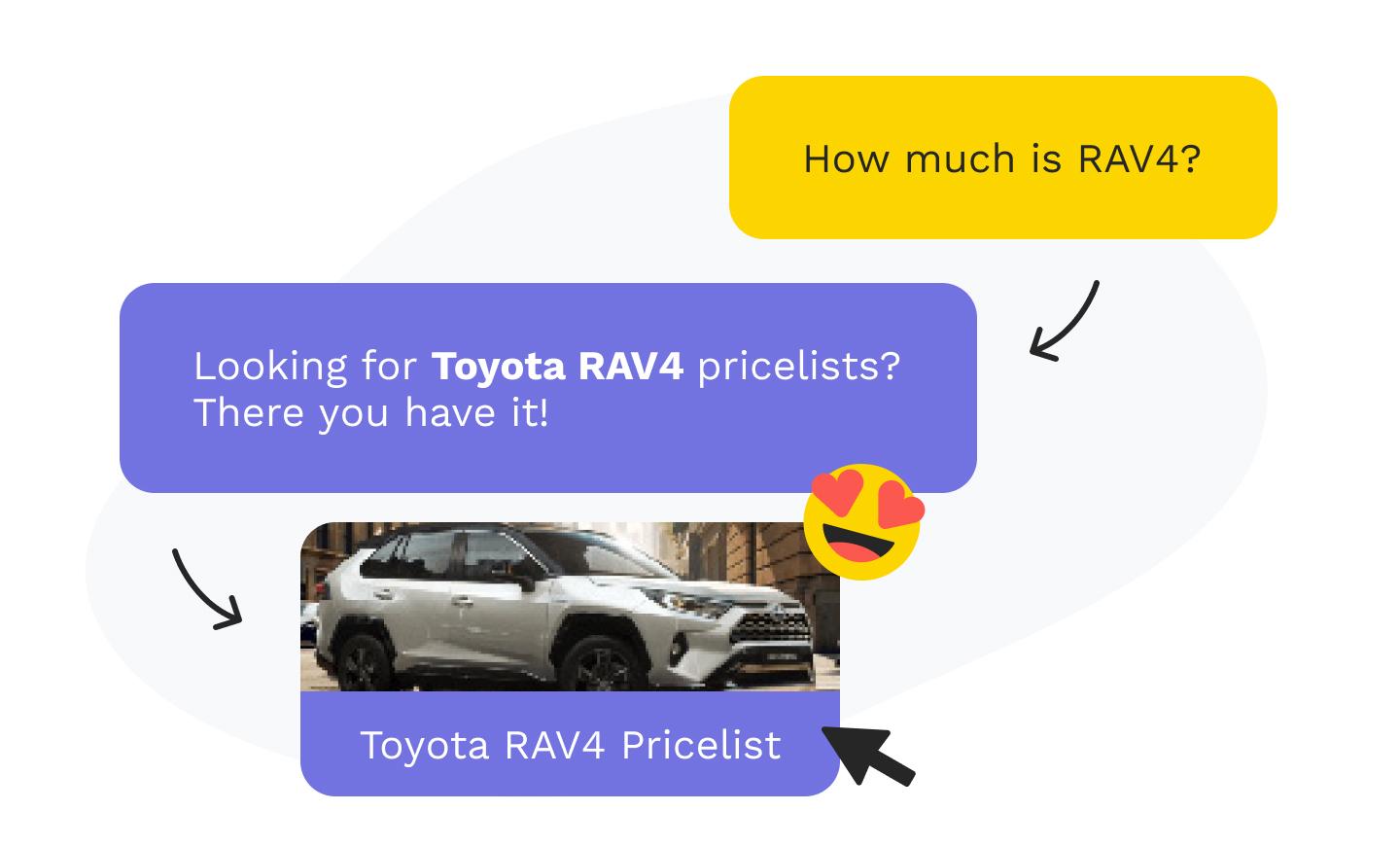What comes to mind when you hear ‘revolution’? The French, the Industrial, or maybe the Velvet? How about… Botoluce? You might be hearing this term for the first time, but trust us, soon it will make perfect sense.
Yes, we admit, ‘Botoluce’ is a term we’ve customized to our liking. Yet, it doesn’t diminish its significance. A virtual army of voicebots and chatbots is already transforming the worlds of HR, sales, and communication across companies. See how your business could benefit from this technological revolution.
With AI, tasks take minutes instead of days
Every company aims for profit and growth. Yet, as customer numbers increase, so does the employee count, driving up costs—recruiting, onboarding, training, IT support…the list goes on. But what if there were a way to handle it all faster and for less money?
Virtual assistants are precisely that solution. They automate routine tasks, handle employee communication, solve IT queries, send emails, and even call potential customers—all without breaks. The result? Saved time, money, and happier employees.
An example is our collaboration with Foxconn, where the Voicebot Lexi reduced password reset times from three days to two minutes, managing this in nine languages.
A perfect response in under 3 seconds
Remember the feeling when you’re hesitant to ask a colleague about something they’ve already explained? Now imagine having a ‘colleague’ who never gets tired and whom you can ask over and over—without worry or raised eyebrows.
That’s the AI Knowledge Base—your nonstop virtual partner for corporate communication. It has answers to all questions exactly when you need them.
What does it make easier?
- Vacation, sick leave, benefits—all info is just a few clicks away.
- Company policies and standards—accessible anytime, anywhere, all in one place.
- IT support without the wait—from access help to simple guides, like setting up a printer.
Will a chatbot replace you?
Virtual assistants are not, and likely never will be, complete replacements for human workers. On the contrary, voicebots, chatbots, and AI are here to free up employees’ time so they can focus on tasks that require human creativity and perspective.
Consider customer support: a chatbot handles routine questions and common requests, while the human team can tackle complex tasks and personalized services. Our work with Toyota and Moneta Money Bank demonstrates how automating responses to frequent queries reduces call center strain, saves time, and allows employees to focus on more important tasks.
What makes chatbots and voicebots almost superhuman?
Chatbots and voicebots offer several undeniable advantages, with the biggest being their constant availability—24/7, 365 days a year. No breaks, no vacations. They communicate with multiple people simultaneously, in various languages, and log data in real-time. Thanks to their integration with internal systems, they provide relevant, up-to-date answers, enhancing user satisfaction. When a bot encounters a request it can’t handle, it seamlessly hands the conversation to a live operator with all gathered details, maximizing human potential for complex tasks and automating repetitive queries.
By 2025, 37% of companies will be using AI virtual assistants
Modern chatbots and voicebots are equipped with advanced natural language processing (NLP), enabling them to learn and improve based on linguistic data collected during conversations. Integrated with internal systems, they act as a natural interface for company communication and a tool for centralizing and streamlining customer communication, essential in today’s dynamic environment. However, enhancing language comprehension and simplifying NLP model training remain the main challenges ahead, as output quality still depends entirely on input quality.
Previously, virtual assistants were primarily the domain of large, innovative companies handling high volumes of communication. However, Gartner’s analysis indicates that by 2025, 37% of companies across industries will use virtual assistants for customer service due to their efficiency and multi-channel capabilities. Customers will increasingly encounter virtual assistants, not only in multinational corporations but also in smaller, local businesses.
Curious about how a virtual chatbot or voicebot could assist your company?






